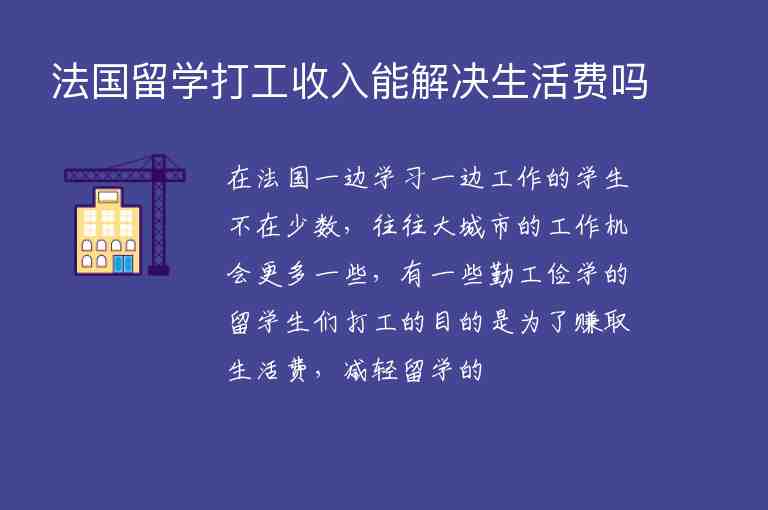1. 历史唯心主义(Historical Idealism)指的是一种哲学观点,认为历史发展的主要动力是思想和意识,而非物质因素。它强调人类意识和活动对社会变革的决定作用,认为历史是由人类思想和意识的发展所驱动的。
怎么读(音标)
历史唯心主义 [lɪ'stɔrɪk aɪ'diːəlɪzəm]
用法
历史唯心主义通常被用来分析历史、社会变革以及人类思想和文化发展。它在哲学、社会科学、历史学等领域都有应用。
例句1-5句且中英对照
1. According to historical idealism, the development of human society is driven by the progress of human consciousness.
根据历史唯心主义,人类社会的发展是由人类意识的进步驱动的。
2. Historical idealism emphasizes the role of ideas and beliefs in shaping historical events.
历史唯心主义强调了思想和信念在塑造历史中的作用。
3. The concept of historical idealism has been widely debated and criticized by philosophers and historians.
历史唯心主义这一概念已经被哲学家和历史学家广泛讨论和批评。
4. Many scholars argue that historical idealism neglects the material conditions and economic factors that also play a significant role in shaping history.
许多学者认为,历史唯心主义忽视了物质条件和经济因素,在塑造历史中也起着重要作用。
5. Despite its criticisms, historical idealism continues to be a popular and influential perspective in understanding human history.
尽管受到批评,历史唯心主义仍然是一种流行且具有影响力的观点,用来理解人类历史。
同义词及用法
1. 历史唯心主义的同义词包括:思想决定论(Idealistic Determinism)、决定论(Spiritual Determinism)等。
2. 在使用时可以替换为这些同义词,如:根据思想决定论,人类社会的发展是由人类意识的进步驱动的。
编辑总结
历史唯心主义是一种哲学观点,强调人类意识和活动对社会变革的决定作用。它认为历史是由人类思想和意识的发展所驱动的,并在各个领域都有应用。尽管它也遭到了不少批评,但仍然是一种流行且具有影响力的观点,用来理解人类历史。

